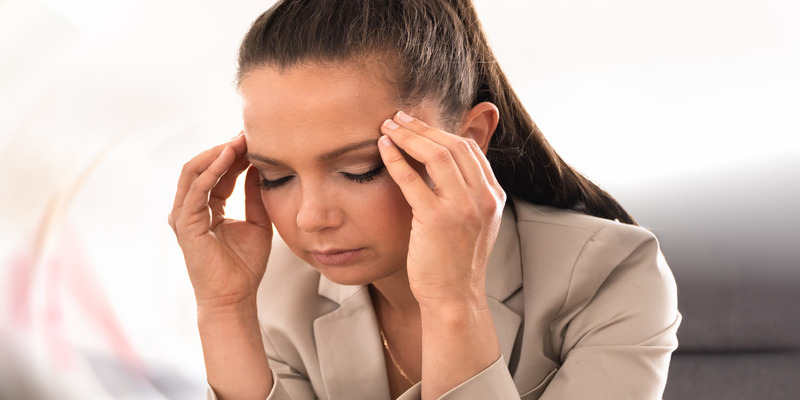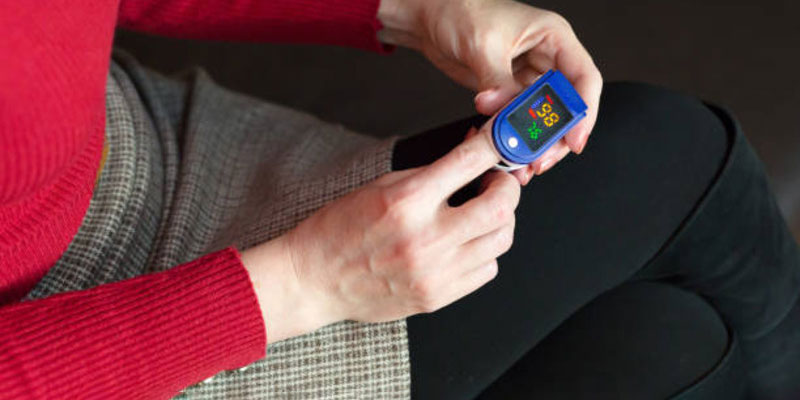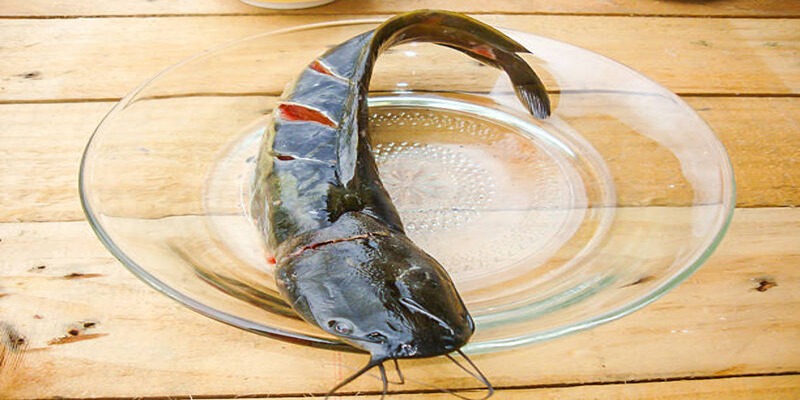Those who suffer from vertigo may falsely believe they or their circumstances are in motion while neither they nor their surroundings are changing position. As with actual motion sickness, vertigo may seem quite real. Depending on the severity, a vestibular migraine attack may range from a few seconds to many hours. Its signs and symptoms include vertigo, nausea, vomiting, severe headache, and loss of equilibrium or motion sickness. Vestibular migraines are more challenging to diagnose since they may not always manifest as the classic pounding headaches associated with migraines. It is important to note that some studies have shown that changes to one's diet and way of life might help lessen the frequency and intensity of vestibular migraine episodes.
What Exactly Is A Vestibular Migraine?
Dizziness, as well as vertigo, are typical symptoms of vestibular migraines, a subtype of migraine. Many people with vestibular migraine characterize their vertigo as a rocking motion since this is the feeling most people get as their heads start to spin. Migraine headaches are possible, but not certain. Diagnosing a vestibular migraine might be challenging, particularly one that does not accompany symptoms. A migraine headache is characterized by discomfort on just one side of the head, accompanied by pulsing pain and at least one other symptom, such as sensitivity to light, sound, or visual auras. You may have trouble diagnosing vestibular migraines when headaches don't accompany your migraines. Meniere's disease and benign paroxysmal temporal vertigo are only two of the many causes of vertigo that your doctor may need to rule out. While there may be an overlap between these diseases and vestibular migraines, the two are separate disorders.
What Effect Does Your Food Have On Vestibular Migraine Attacks?
The exact etiology of vestibular migraines is unknown. However, a link to food allergies has been found. The consumption of certain foods is a common migraine headache trigger. Identifying these trigger foods and removing them from your diet may reduce the frequency and severity of migraine attacks.
Dietary Recommendations For Vestibular Migraine
There is no one-size-fits-all vestibular migraine diet. However, several foods have been linked to this condition. You and your doctor may be able to figure out whether certain foods are triggered by eliminating them from your diet. On the other hand, some meals may reduce your migraine pain. It takes more effort and often trial and error to find these.
Diet Of Elimination
A migraine sufferer might utilize an exclusion diet to pinpoint the specific items that set off their headaches. Migraine sufferers may work with their doctors via a two-step procedure called an elimination diet to determine whether and which foods are triggering their headaches. While many meals have been linked to migraines, the specific foods that cause attacks might vary from person to person. If you suffer from migraines, keeping a food diary might help determine what triggers them. Try to remember what you ate just before you had a migraine.
Phase Of Elimination
During the elimination phase, you will abstain from consuming any items that may serve as a trigger for a period of two to three weeks. You may be reasonably positive that your diet impacts your migraine headaches if your symptoms improve throughout the elimination phase. You should consult your doctor or a dietitian to ensure you're receiving enough nutrients throughout the initial part of an elimination diet since this will include cutting out many food categories.
Phase Of Reintroduction
Phase 2 of the elimination diet consists of gradually reintroducing the deleted items, usually once every two to three days. If you see a correlation between a certain meal and the onset of migraine symptoms, you may want to consider cutting it out of your diet permanently.
Foods To Avoid
Migraine-trigger foods might vary from person to person, but several common ones may serve as a good starting point. 19% of people in a study1 were allergic to dairy products, whereas 11% were affected by citrus fruits. To name just a few, the model is the best. Aspartame, caffeine, nitrates, monosodium glutamate (MSG), alcohol, and histamine are all nutrients and substances linked to migraines. You may want to think about avoiding meals that contain them.
Conclusion
Dealing with a migraine, no matter what sort it is, may be very draining and discouraging, particularly if the headache lasts for many hours or even days. However, the increasingly popular vestibular migraine diet may relieve those who have headaches and vertigo. Most cases of neurological vertigo may be attributed to vestibular migraine. However, few medications have been particularly studied for this condition. When asked whether a low tyramine diet like Heal Your Headache might help folks with vestibular migraine, my standard response is always "yes." Indeed, this diet ultimately led to my recovery from persistent vertigo and daily migraines.





